Dr. Deepak V. Kilpadi is a Staff Scientist and Scientific Lead in Acelity’s Research & Technology department headquartered in San Antonio, TX. Acelity is a global wound care and regenerative medicine company created by uniting the strengths of Kinetic Concepts, Inc. (KCI), LifeCell Corporation and Systagenix Wound Management, Limited. With approximately $1.9 billion in revenue and products available in more than 80 countries, Acelity is the undisputed leader in negative pressure wound therapy, the number one provider of regenerative tissue products used for breast reconstruction and hernia repair, and the market leader in collagen dressings.
At Acelity, Dr. Kilpadi has been involved with bench, in vitro, animal and clinical research. More recently, he has led a number of research activities and co-managed the preclinical group that performed the bulk of studies associated with negative pressure wound therapy. He was a charter member of the Patent Evaluation Team, previously managed the Research Presentations & Publications Review committee, and currently sits on the Investigator Initiated Studies review committee for Advanced Wound Therapeutics.
Dr. Kilpadi has 17 peer-reviewed publications/papers, more than 100 conference presentations, four book chapters, and two issued patents. He previously chaired the membership committee of the Wound Healing Society, is currently on the editorial board of Annals of Plastic Surgery, and has reviewed papers for Wound Repair and Regeneration, Aesthetic Plastic Surgery and abstracts submitted to various scientific meetings. Prior to joining Acelity in 2001, Dr. Kilpaldi worked with small medical device and venture firms.
Dr. Kilpadi earned a Bachelor of Technology in metallurgical engineering from the Indian Institute of Technology-Madras. He also simultaneously earned a Master of Business Administration and a Doctor of Philosophy in Materials Science (Biomaterials) at The University of Alabama at Birmingham (UAB) where he studied the surfaces of dental/bone implants. Following graduation, Dr. Kilpadi did a post-doctoral fellowship in wound healing and subsequently served as an adjunct assistant professor at UAB where he and his co-investigator obtained a grant and set up a wound assessment clinic in conjunction with the vascular surgery group in order to assess new wound evaluation modalities.
Born in Hubli, India, Dr. Kilpadi has lived in a variety of regions, including Nairobi, Kenya, which greatly contributed to his world view and appreciation of the natural beauty of East Africa and its people. This exposure inspired Dr. Kilpadi’s deep desire to give back to society, and ultimately, influenced his career path in science with a focus on helping people heal.

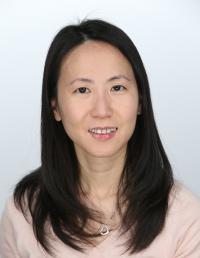
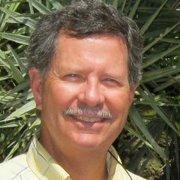
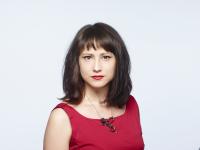
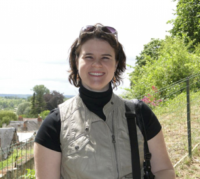
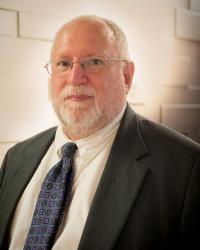

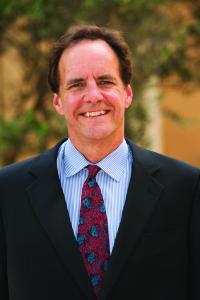
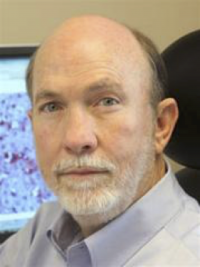
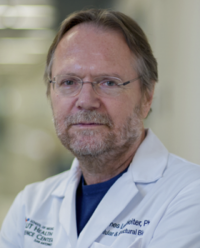
5ca4.jpg?itok=uAf8TD73)



